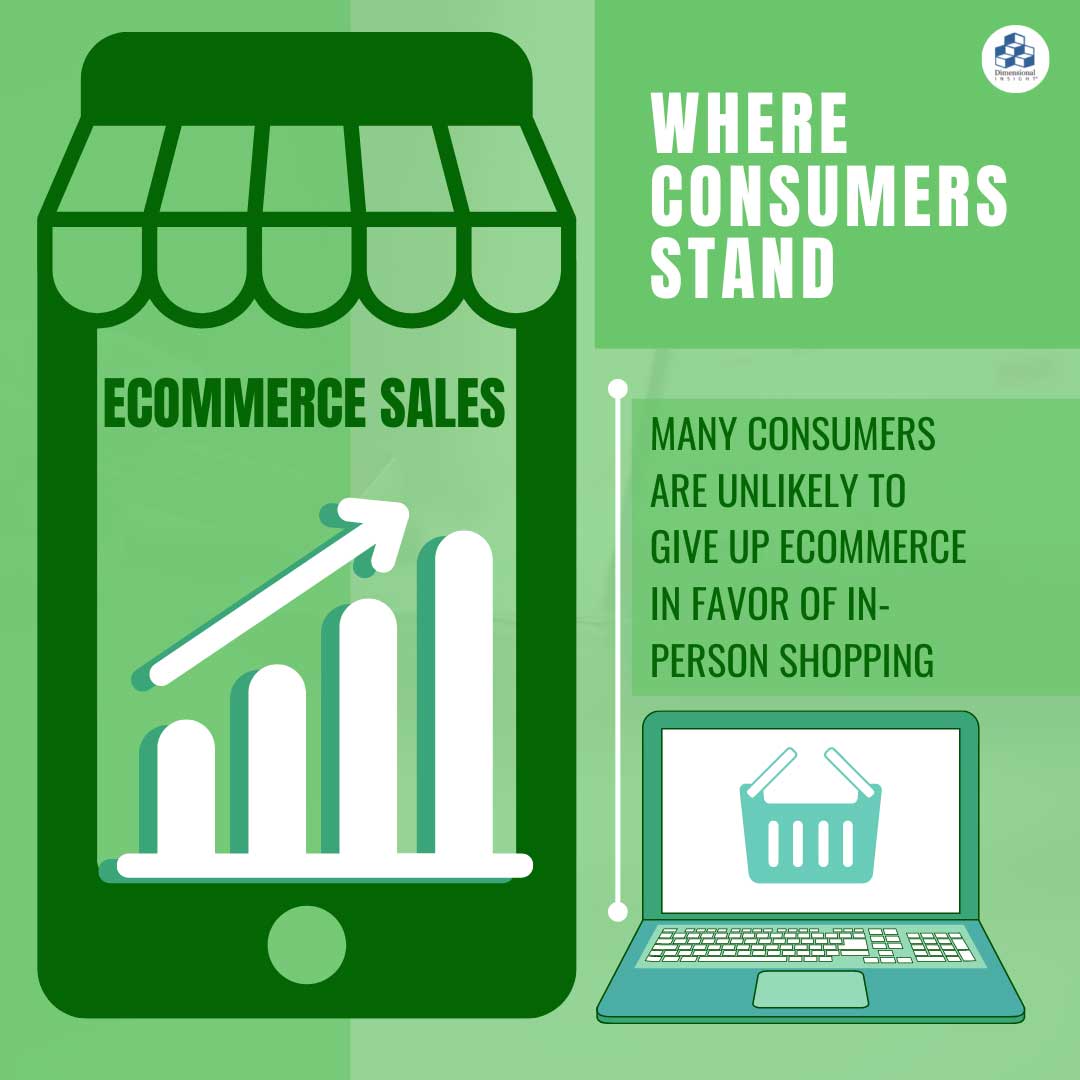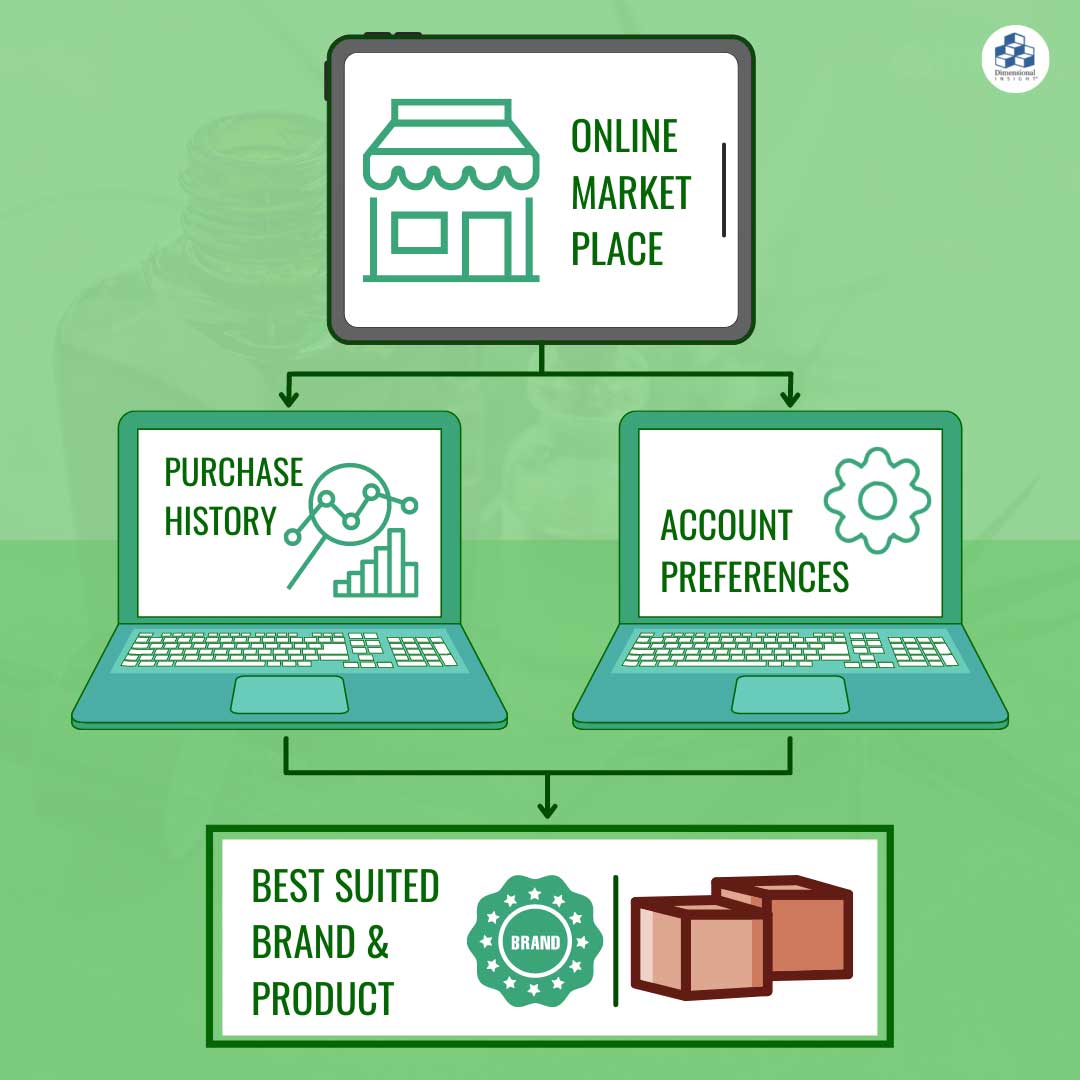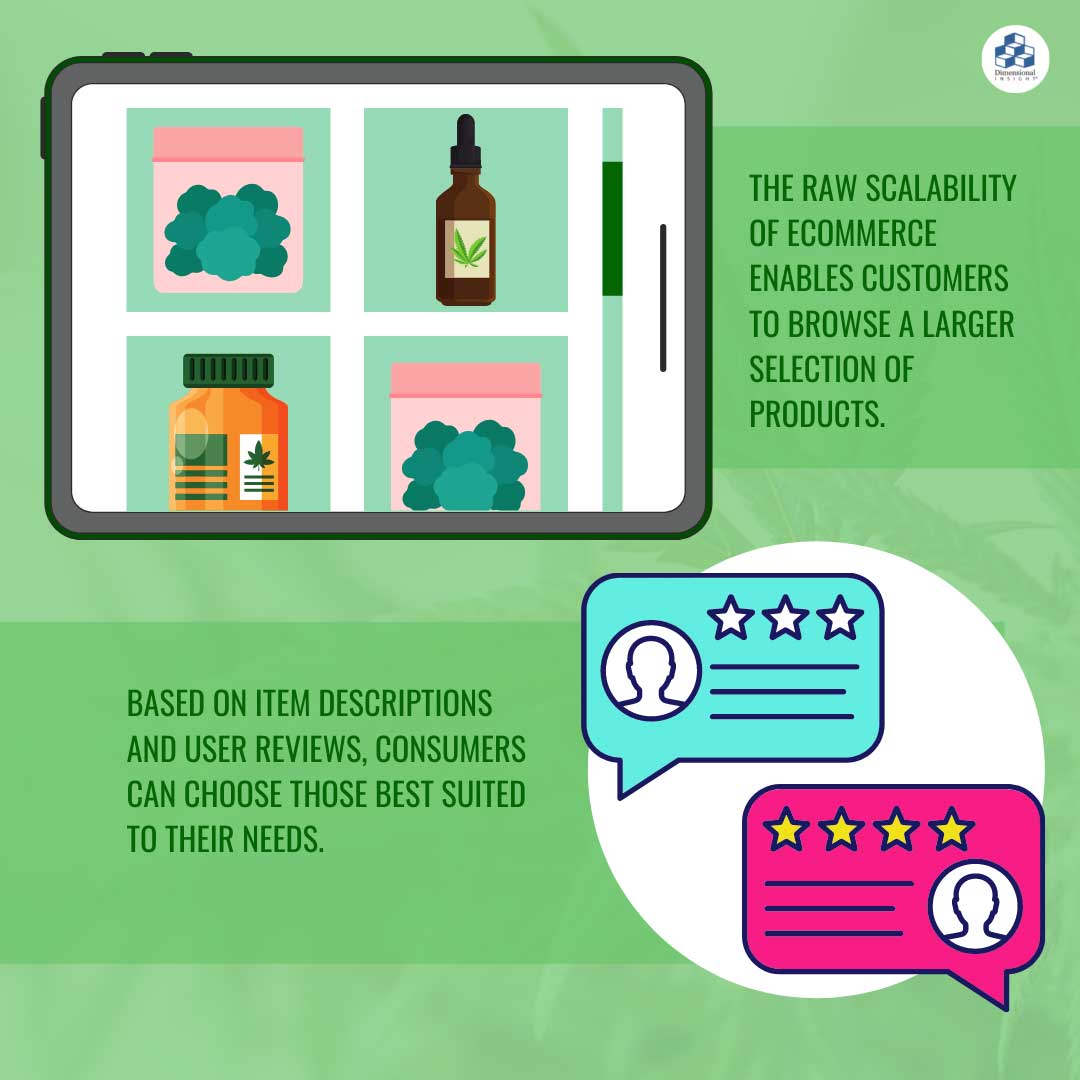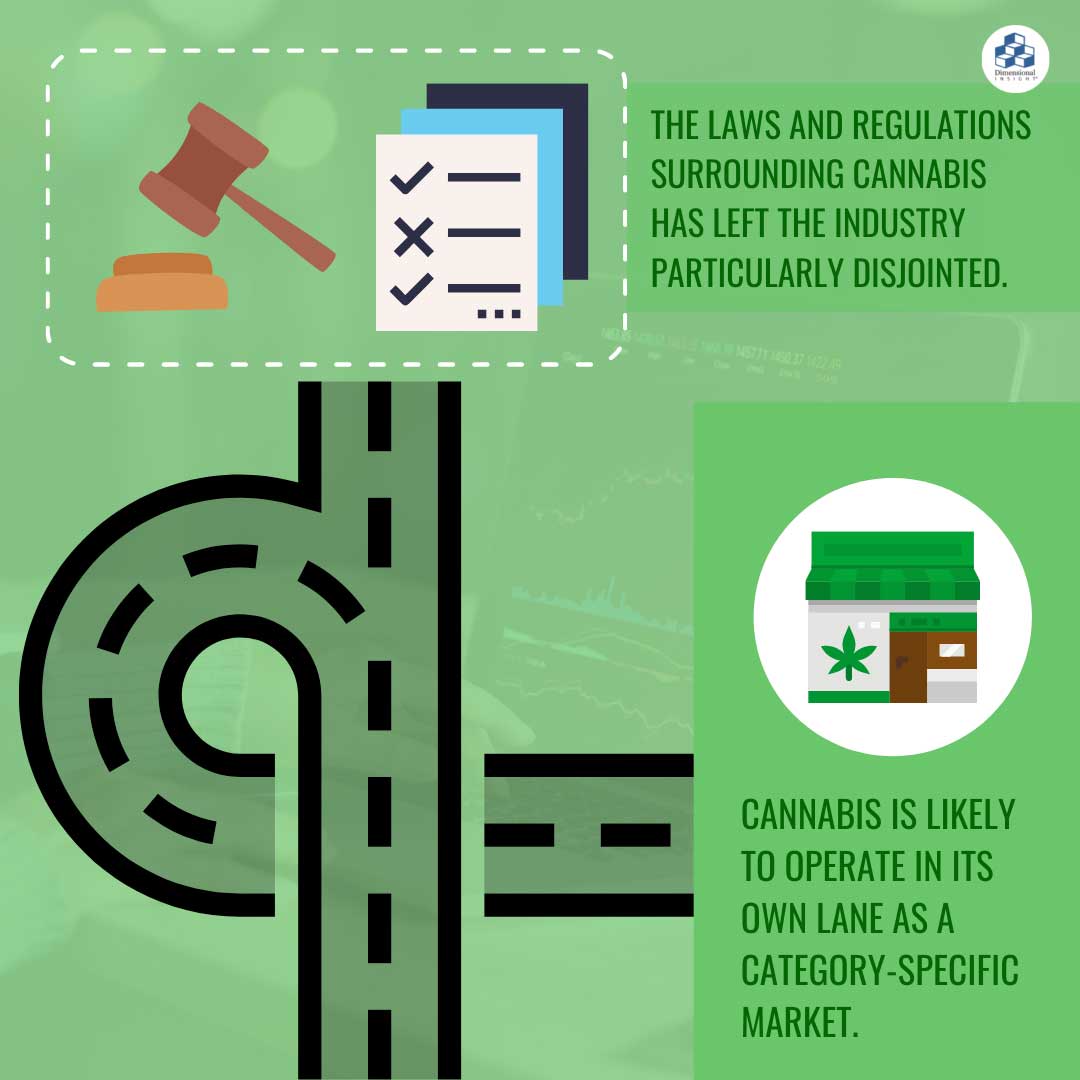The social distancing guidelines set in place to combat COVID-19 only hastened the world’s transition to a digital marketplace. Many businesses were forced to turn to ecommerce in an effort to save themselves from the effects of a devastated economy. Cannabis, which has traditionally relied entirely on in-person retail sales due to strict regulations, was one of the many industries that had to migrate its operations to the online marketplace.
Experiencing rapid growth due to the legalization of recreational use in many states and increased pressure from the U.S. Senate for federal reform, the cannabis industry’s transition to ecommerce couldn’t come at a better time. As the world continues to recover from the pandemic and advances further into the digital age, ecommerce will likely play a huge role in how business is conducted in the future of cannabis.
Post-pandemic consumerism
The substantial rise in ecommerce sales attributed to the onset of COVID-19 has prompted a cultural change in business conduct. Many consumers have grown accustomed to the use of online channels while shopping, with ecommerce platforms such as Uber Eats, Drizzly, and Amazon retaining many of the regular users acquired during the pandemic.
As it stands, many consumers are unlikely to give up the convenience of ecommerce in favor of in-person shopping. The transition to the digital age in developed countries has made it extremely difficult to return to more traditional methods of conducting business.
Many of these digital trends are only going to grow and evolve as newer and more innovative technologies continue to be released. If businesses are to keep up with the rate at which society is advancing, then so must their methodologies.

Brand discovery
Despite its legalization in many areas, cannabis marketing is still highly regulated and faces many restrictions. This, coupled with the recent surge in cannabis businesses, has made it very difficult for consumers to discover new brands and products.
Ecommerce – more specifically, online marketplaces — circumvents this obstacle by providing consumers with brand exposure through personalized recommendations and tailored shopping experiences. Online marketplaces can use data acquired from the consumer’s purchase history and account preferences to determine what brands and products might suit them best.
On top of helping customers discover potential brands, marketplaces also have the added benefit of providing businesses data related to current trends and consumer demographics.

An elevated customer experience
As with all industries, one of the driving factors behind the success of cannabis ecommerce is the attractiveness of convenience and a streamlined-user experience. Personalized product recommendations, user feedback forms, educational materials, promotional campaigns, and customer loyalty programs play a huge part in establishing strong brand-consumer relationships. Ecommerce platforms possess a variety of resources useful in generating consumer trust and credibility that brick-and-mortar establishments lack.
Furthermore, the raw scalability of ecommerce enables customers to browse a larger selection of products and choose those best suited to their needs based on item descriptions and user reviews. The wider array of options, coupled with the confidence that a consumer has that they made the right purchase, play a key role in gaining returning customers.
Ecommerce platforms will likely be responsible for many consumers’ first experiences in purchasing cannabis, and as such are responsible for curating a positive first impression in potential future-buyers.

Industry fragmentation
Ecommerce as a whole is well acquainted with the effects of a fragmented market. However, the laws and regulations surrounding cannabis has left the industry particularly disjointed. For the foreseeable future, cannabis is likely to operate in its own lane as a category-specific market.
However, although a fragmented market possesses its own fair share of challenges, there are unique opportunities available for those committed to investing in such an isolated industry. For one, the lack of overlap between other marketplaces and those specific to cannabis allows emerging ecommerce platforms to specialize in the needs of their consumers and produce better customer experiences.
Additionally, the barrier to entry is much lower without the presence of the larger marketplaces associated with other industries. This provides a lot more opportunity for differentiation and gives your business the chance to explore where many larger, more-established companies can’t venture.

The future of cannabis-specific technology
Just from looking at the world around us, it’s clear that ecommerce is here to stay. To learn more about what market-specific technology means for the future of cannabis, check out how Dimensional Insight is transforming the industry with new and advanced data analytics.
- How Spirits Brands Can Improve Brand Loyalty with Data Analytics - January 30, 2024
- The Collapse of Herbl, and How Other Cannabis Distributors Can Avoid the Same Fate - January 24, 2024
- Top 5 Blog Posts of 2023 - December 28, 2023



